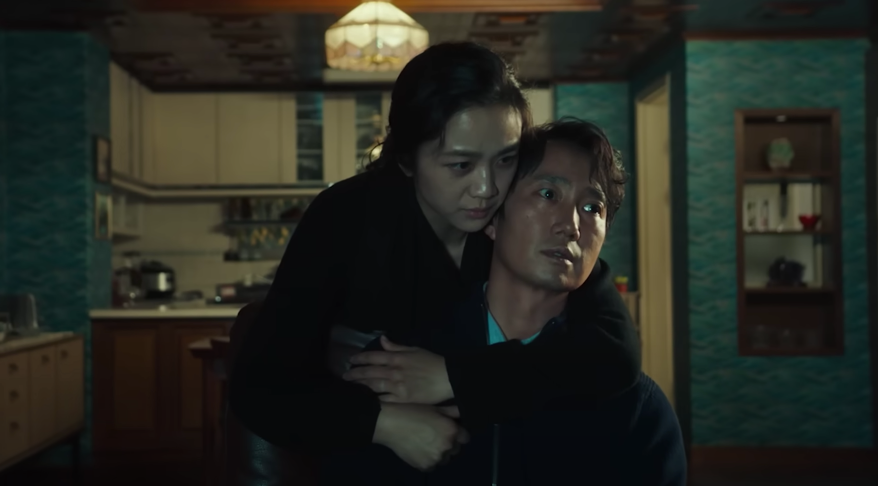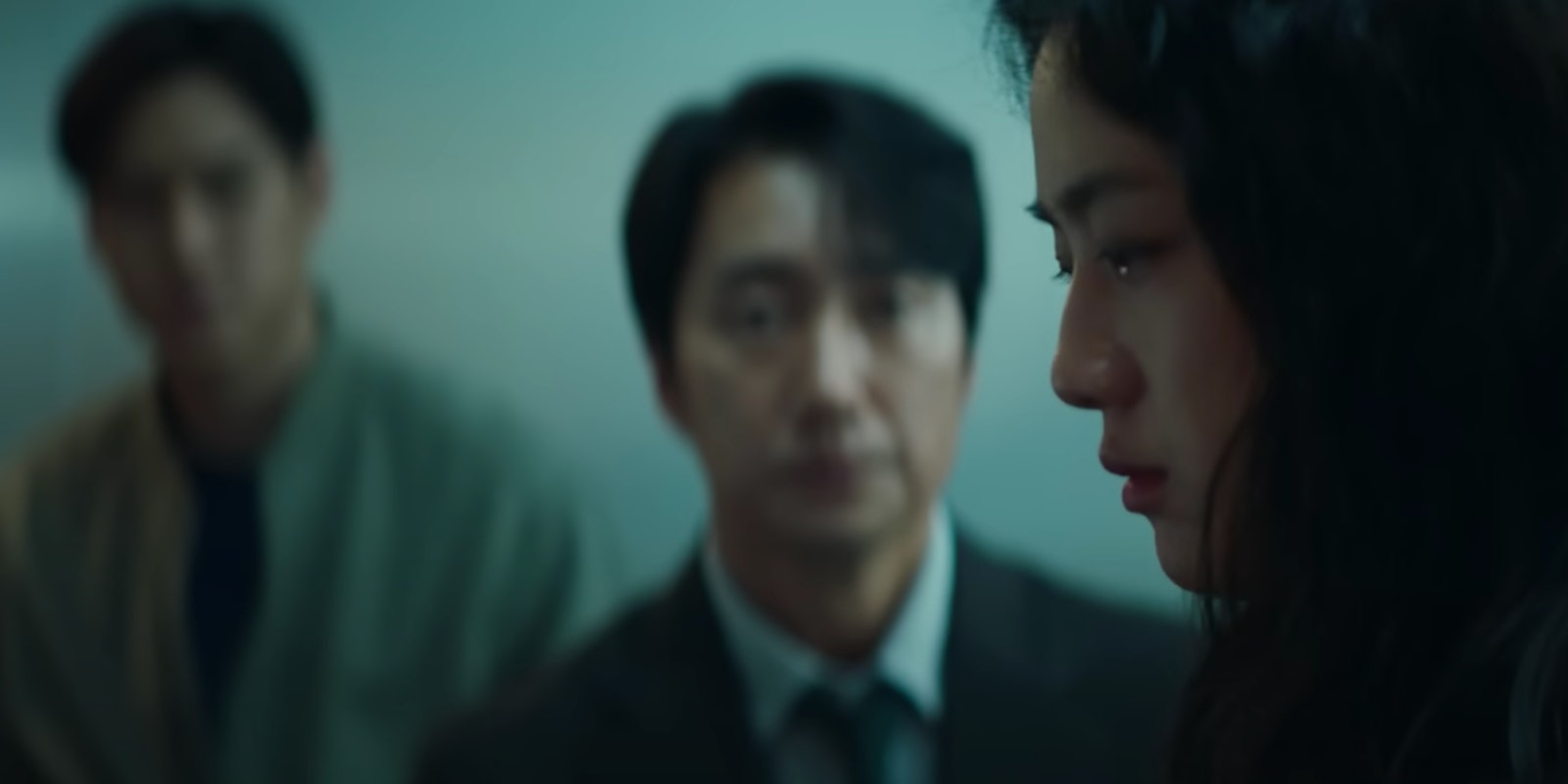Korean director Park Chan-wook was awarded Fantastic Fest’s version of a lifetime achievement award in person last month, in the form of a wrestling belt. After an awkward ceremony, Park, who looked amused, offered some words via a translator, saying he was “not too confident” his new film Decision to Leave was “crazy and creative enough” for the gore-friendly Fantastic Fest.
In the moment, it was a funny response. But after viewing the film it makes sense: Decision to Leave is a quiet, restrained thriller—though one that sneaks up on you.
Director: Park Chan-wook
Streaming: Mubi (U.S.)
A detective thriller noir that tries to get you to feel something for its flawed protagonists. But they’re a little too quiet.
Park’s past work—The Handmaiden, Oldboy, Lady Vengeance—is louder and bloodier. But here, he abstains from gore or violence and instead tests the audience’s stamina with his two protagonists.
Hae-jun (Park Hae-il) is an insomniac detective in Busan, looking for some exciting cases. He gets a new one involving an experienced climber falling to his death from the top of a mountain. The dead man’s beautiful wife, Seo-rae (Tang Wei), doesn’t seem very upset. Is she a suspect? Hae-jun is hooked.
Seo-rae is a Chinese woman whose “Korean is insufficient,” and Park uses that detail to leave misunderstandings open to interpretation. What it is she ultimately wants isn’t immediately clear, and the same goes for the married Hae-jun. There is obviously desire, and an odd familiarity, but Park doesn’t tease a sexual relationship. He relies more on looks, eye contact, and reflections to convey things unsaid.

An early shot of the dead climber’s body and the mountain above shows how Park likes to play with perspective, but his two characters’ perspectives are really only interesting in the first half; by the second half, I was ready to focus on anyone else. You don’t want to root for either of them, but that might be by design: When the case takes a turn, you can’t believe Hae-jun didn’t see it coming.
Or did he? The film likes those questions, and it’s something of a techno-thriller, as surveillance is everywhere: Hae-jun records professional and personal voice messages on his smartwatch; Seo-rae translates Chinese into Korean via her phone in order to connect; a major reveal comes via a common smartphone feature.
There is an undercurrent of loneliness here, which becomes something else by the film’s devastating final shot. But even after the credits roll, Park seems to want us to keep questioning all that we just saw.



